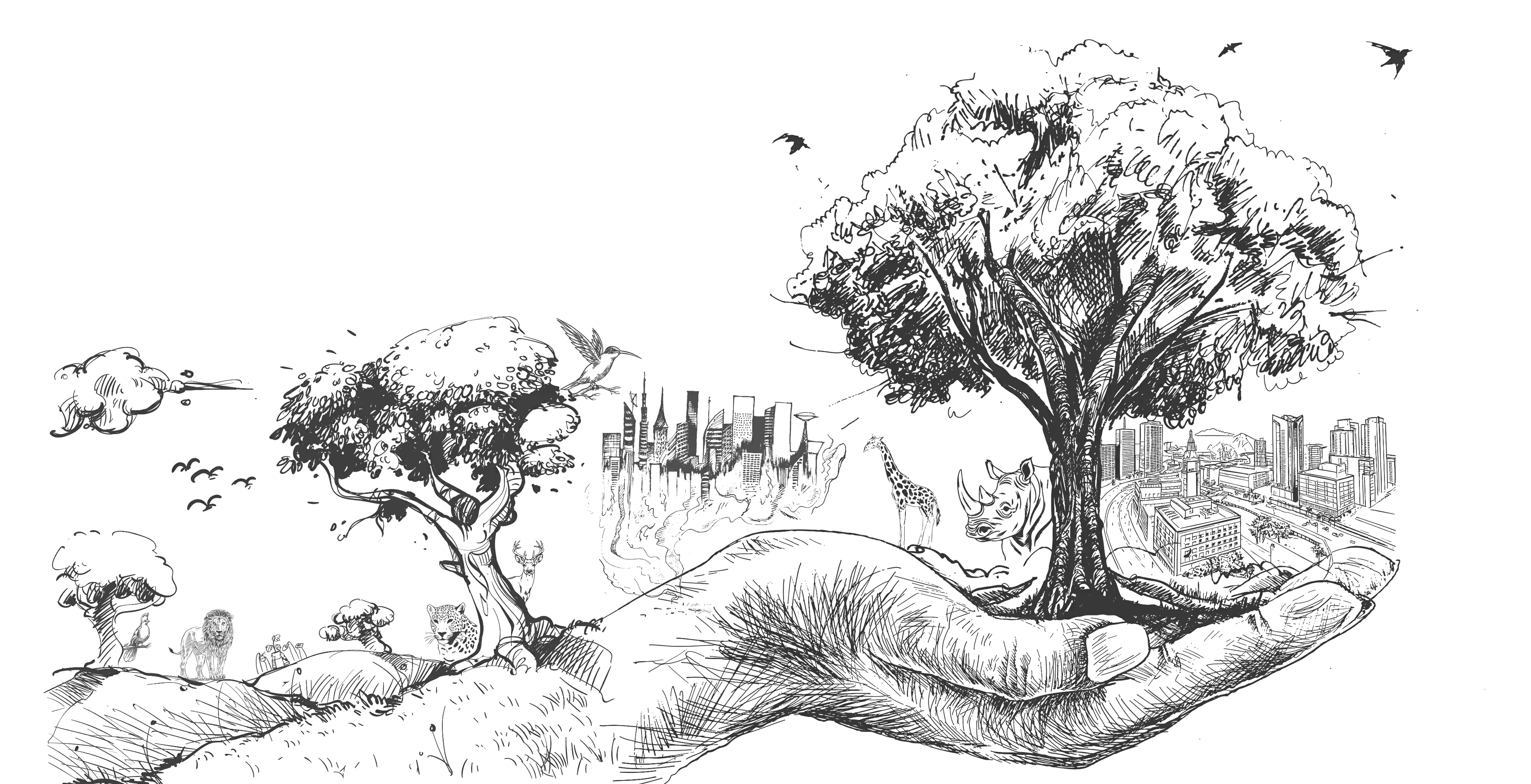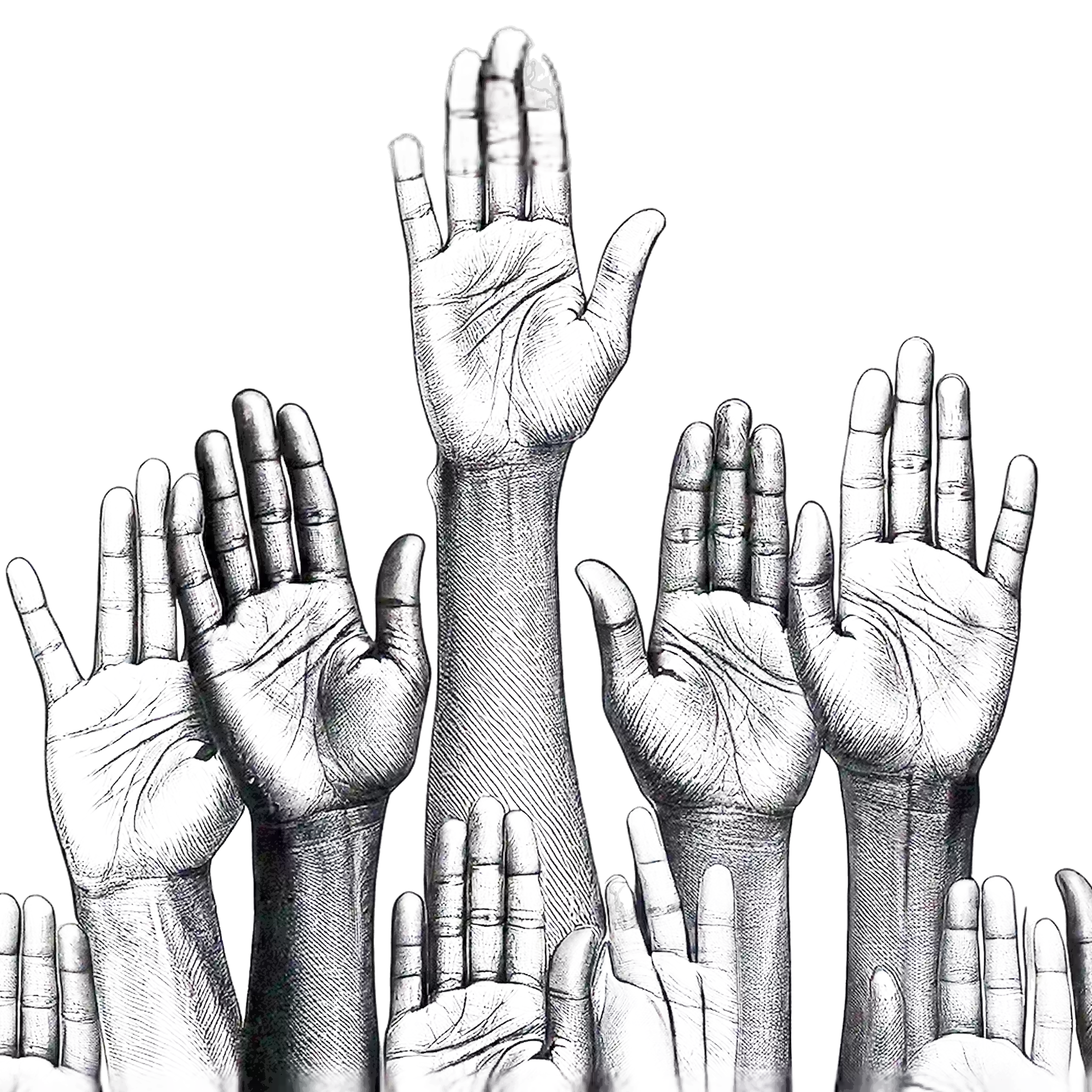
Social Sustainability
As a Social House, we prioritize social sustainability which stands alongside environmental and economic sustainability as one of the three core pillars. This reflects the UN’s definition of meeting the needs of the present without compromising the ability of future generations to meet their own. The Social House Nairobi is committed to enhancing community and environmental well-being through practical initiatives, and while we share our progress to inspire others, the greater focus remains on identifying future challenges and improving our impact. Sustainability is a journey rather than a destination, and to guide our actions we have created a simple reminder that keeps us true to this commitment.

Energy Conservation
We are committed to reducing our energy footprint through smart technology and sustainable practices
We track energy use across the property to identify major and minor consumers using advanced e-gauge systems.
Air conditioning is being integrated with card switches so energy is only used when rooms are occupied.
Energy efficient lighting is installed throughout the property with dimmers in meeting areas, timers in outdoor and low use spaces and motion sensors in areas not frequently occupied.
We maximize natural daylight wherever possible.
Solar panels work together with electric heat pumps with sensors switching between solar and electric to optimize efficiency.

Recycling & Reuse
We believe small changes make a big difference. That's why we have introduced creative recycling and refill systems across the property:
From paper to pencils: Old newspapers are recycled into pencils, giving waste a second life.
Refill, don't replace: In guest rooms you'll find refillable glass dispensers for oil, soap and shower gel instead of disposable plastic bottles.

Water Conservation
We are focused on reducing water consumption through technology and efficient systems.
All public washroom taps have sensors to limit unnecessary water use.
Sub metering in laundry kitchen water and the main supply shows us where water is being used. This helps track consumption in each department in terms of litres and cost and guides training to improve sustainable practices.
Water efficient bathroom fixtures reduce consumption by up to 20 percent.
We produce our own purified water both still and sparkling right here on-site. From purification to bottling every step is managed in-house.
On-site production reduces single-use plastic bottles. In-house bottling lowers our carbon footprint by reducing transport.
Guests enjoy high-quality water with a lighter environmental impact.

Waste Management
We manage waste responsibly through collection, recycling and eco-friendly disposal systems.
Organic waste is collected daily and sent to farms to feed animals. This prevents waste from decomposing within garbage areas.
Grease traps reduce the amount of grease, fats and oils that can enter main drains. The sludge is collected by a contractor who converts this hazardous waste into fertilisers or other eco-friendly products.
We partner with Austrian company Münzer to collect used kitchen oil and ensure it never re- enters the food chain. This helps improve the health of Kenyans.
Our kitchen hood duct maintenance system removes 100 percent of CO2, fats and oils that would otherwise escape into the environment through the extractor chimney.
Waste is separated into wet waste, dry trash and paper waste.
We procure biodegradable cleaning detergents.

Local produce = Reduced carbon
About 75 percent of Kenyans make their living from agriculture and we are fortunate to have a wide variety of local foodstuffs such as passion fruits, mangoes, pineapples, oranges, bananas, pears and papaws. Dairy farming is a major industry and both coffee and tea are produced in Kenya.
At The Social House about 90 percent of our food produce is grown or reared in Kenya. This reduces the carbon footprint of imports and supports local communities.
Even closer to home we grow organic greens and herbs on our rooftop including mint, thyme, rosemary, soft lettuce, parsley and yellow Peruvian chillies.

Friends of Nairobi National Park
We are the lead sponsor of Friends of Nairobi National Park (FoNNaP), an organisation founded in 1995 to support the Kenya Wildlife Service in nurturing and preserving biodiversity within the park and the surrounding ecosystem.
Each contribution from us and our guests directly supports the ecological well-being of the park's wildlife and strengthens conservation efforts.
Our employees also take part in ecological restoration activities such as tree planting, showing our commitment to protecting the world's only city-side national park

Youth Employment Programme
Plan International's Youth Employment Programme helps young people from disadvantaged backgrounds including those with disabilities to develop the skills and experience they need to gain and sustain employment. The programme builds a pool of skilled and motivated entry-level workers from within the community. The Social House contributes to YEP by:
- Providing orientation to trainees on standard operating procedures, safety regulations and staff
- support mechanisms.
- Delivering practical skills training.
- Assessing trainees' learning and performance and sharing feedback with Plan International.
- Offering employment opportunities to graduates of the programme.
Two of our current team members, who are both deaf, are excelling in serving our guests as part of the Food & Beverage team.